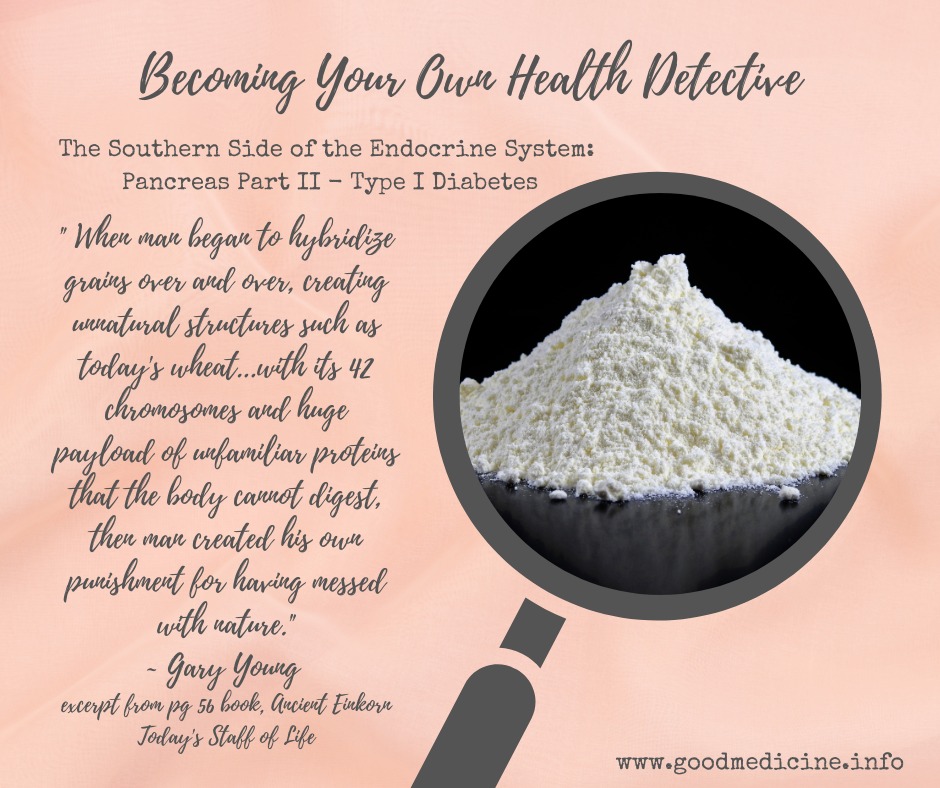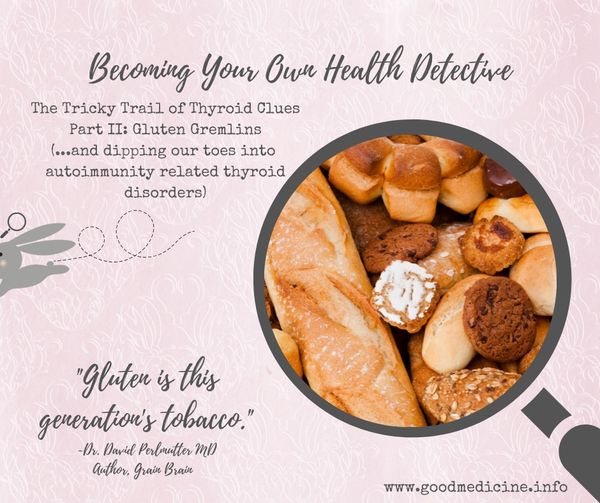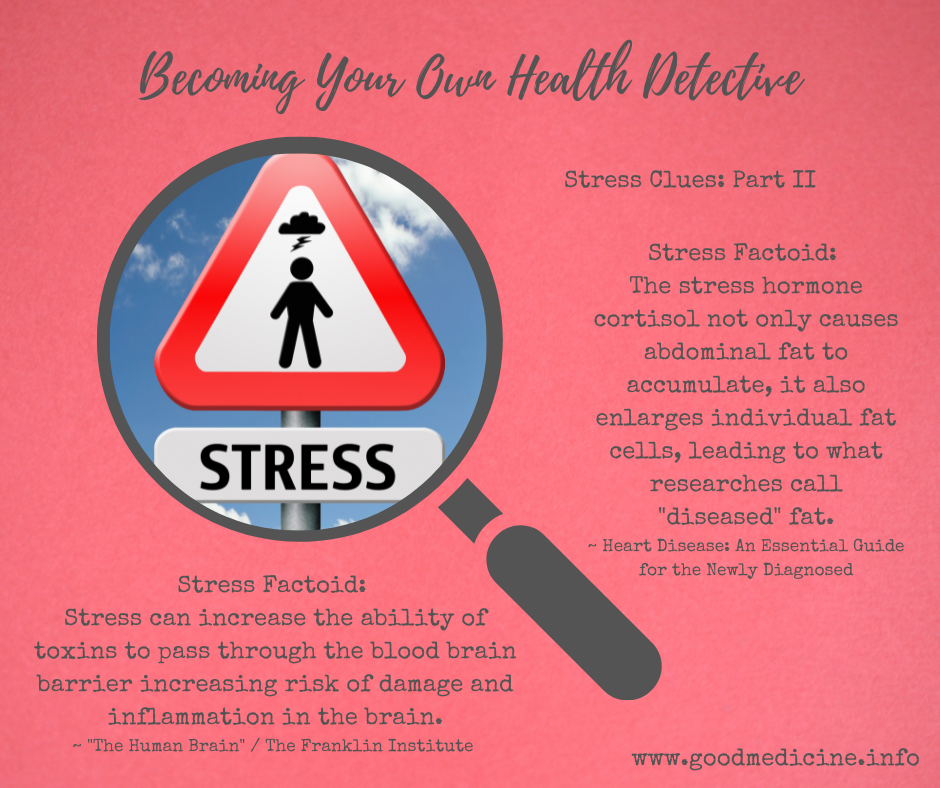
Autoimmune Increases with COVID shot

Liz James · ·

Liz James · ·

Liz James · ·

Liz James · ·

Liz James · ·
Prior to 2020, the World Health Organization (WHO) declared stress the “Health Epidemic of the 21st Century”. The ramifications of chronic stress costs American businesses an estimated $300 billion dollars annually, though that stat is a pretty cold way to look at stress… from a purely financial perspective. Numerous studies show that job stress is the leading cause of stress for American adults. Other triggers include finances, relationships, parenting, and trauma…. Oh, and let’s not forget simply living through 2020/2021.
Unpacking stress as a clue is like peeling back the layers of an onion. What actually happens to a body that is chronically stressed?
Initially, we may feel the effects of adrenaline and cortisol being released. The heart speeds up, digestion slows down, the blood supply shunts blood to major muscle groups, and fight or flight kicks in. In normal situations, the perceived threat eventually leaves and we relax and recover.
In a state of chronic stress, this scenario doesn’t happen the way it should, and some real problematic changes in the body occur.
The brain actually begins to decrease in both size and weight😳. Ultimately this affects both cognition and memory. The basal ganglia and the pre frontal cortex are especially affected by these changes. The basal ganglia is involved in the processing of information related to emotions, motivations, and movement, while the pre frontal cortex is responsible for “executive decision making”….. The ability to differentiate between conflicting thoughts, identifying good from bad, predictions of outcomes, expectations based on actions, and the ability to suppress urges. This area of the brain dictates our personality, goals and values. As you might imagine, over time, chronic stress plays a very real role in brain disorders like Alzheimers, Parkinsons, and dystonia.
Unmitigated chronic stress affects the immune system by activating low grade inflammation🔥 throughout the body. It may take years to develop, but strong evidence suggests that low grade inflammation eventually triggers dis-eases such as rheumatoid arthritis, heart disease, colitis, IBS, psoriasis, fibromyalgia, lupus, MS, diabetes, cancer, and other autoimmune disorders.
Additionally, this stress affects the production of blood cells needed to effectively fight off illnesses.
🔥The hypothalamus (libido, behavior, emotions, body temperature, weight, and sleep/wake cycle.
🔥The pituitary (which largely controls both the adrenals and thyroid)
🔥The adrenal glands (produce hormones that help regulate your metabolism, immune system, blood pressure, and how we respond to stress). Even a minimal amount of stress can activate the adrenal glands.
🔥Growth hormones (can be halted during severe stress)
Additionally, chronic stress can lead to malignancies, genetic instability (epigenetics… the role our environment plays in gene expression), and tumor growth by effectively decreasing the activity of the normal systems within the body that keeps aberrant (cancer) cells from growing.
Digestive disorders are also a common physical symptom of chronic stress, including changes in motility, increased intestinal permeability,and inflammation in the form of Crohns, ulcerative colitis, and IBS.
Chronic stress is no joke when it comes to its impact on health, and not a single person is immune to the effects of it. This is why it is incredibly important to have a plan of action to care for yourself and encourage others to do the same.
We are all built incredibly differently, and stress will ultimately expose the unique weakness that is within each one of us. This is why it is so very important that we know and understand our bodies well, so that we can support it in the manner that best serves us.
Sleep😴 is our body’s only true time of repair and recovery. If you are not getting at least 7 hours of sleep a night, make that a priority. If quality sleep is not happening, work on sleep hygiene and habits to improve your zzzzzz’s.
👉Stop screen time well before bed and keep electronics out of the bedroom (pineal gland disruption).
👉Get 10-20 minutes of full sunlight during the day.
👉Keep sleeping temperature at less than 70 degrees F.
👉Take an epsom salt bath before bed…. Add in Lavender, Frankincense, Peace and Calming, Cedarwood or Sandalwood to the salts.
👉Consider diffusing with any of the calming oils!
👉Exercise earlier in the day, and consider restorative yoga or meditation before bed.
👉Avoid artificial sweeteners (they can cause insomnia!)
👉Support a healthy night’s sleep with either YL’s Immupro chewable tablets or Sleep Essence capsules.
Next week I will cover some strategies for coping with chronic stress.
xoxo~ liz
#sharingiscaring
#takecareofyourself
#ThanksYL

Book Your Health Coaching CallBook Now
